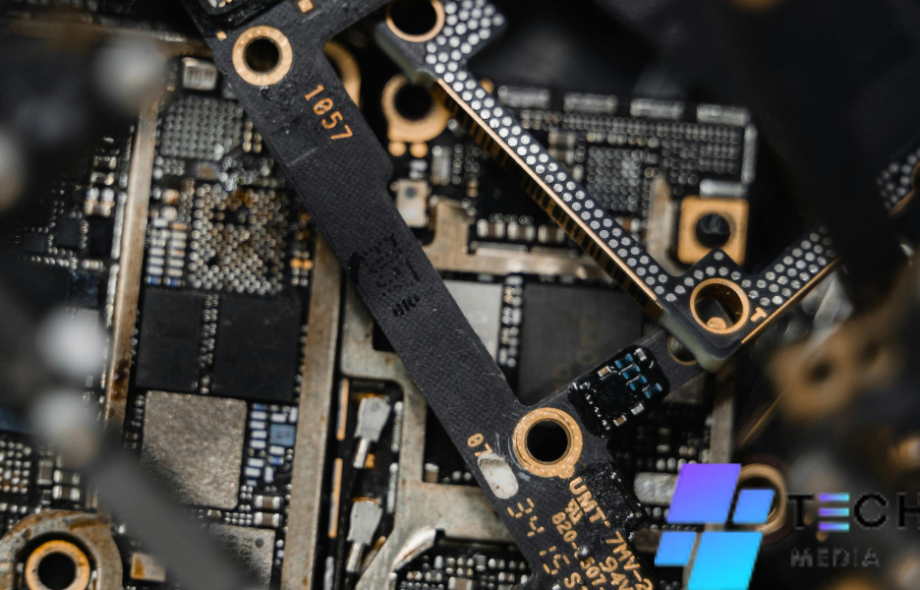What Role Does Hardware Technology Play in Cybersecurity?
Cybersecurity is often associated with software solutions such as firewalls, antivirus programs, and encryption tools. However, is hardware technology important for cybersecurity? The answer is a resounding yes. Hardware plays a crucial role in fortifying digital infrastructure against cyber threats. Without robust hardware security, even the most sophisticated software defenses can be bypassed. From secure processors to biometric authentication devices, hardware-based security measures add an essential layer of protection.
How Do Hardware Security Features Prevent Cyber Attacks?
Modern hardware includes built-in security mechanisms that enhance digital safety. Features such as Trusted Platform Modules (TPMs), Secure Boot, and hardware encryption prevent malicious attacks at the foundational level. TPMs store cryptographic keys in dedicated hardware rather than software, reducing the risk of key theft. Secure Boot ensures that only trusted software can load during startup, preventing rootkit infections. Hardware encryption, like AES encryption on CPUs, accelerates secure data processing while reducing vulnerabilities.
Can Hardware Reduce the Risk of Data Breaches?
One of the biggest cybersecurity concerns today is data breaches. Hackers target sensitive information for financial gain, espionage, or sabotage. Hardware security can mitigate these risks through:
Secure Enclaves: Modern processors, such as Intel SGX and AMD SEV, create isolated environments for sensitive data, making unauthorized access nearly impossible.
Physical Unclonable Functions (PUFs): These unique hardware fingerprints prevent attackers from duplicating devices or creating counterfeit chips.
Biometric Authentication: Fingerprint sensors, facial recognition, and iris scanners provide an additional layer of security beyond passwords.
By integrating these features, organizations can significantly reduce the risk of data leaks and unauthorized access.
How Does Hardware Improve Network Security?
Hardware plays a vital role in securing network infrastructures. Traditional software firewalls and intrusion detection systems (IDS) rely on CPU power and can be bypassed through software vulnerabilities. Hardware-based solutions offer a more robust approach:
Hardware Firewalls: These dedicated security appliances filter traffic at the network level, preventing unauthorized access before threats reach software defenses.
Intrusion Prevention Systems (IPS): Specialized hardware-based IPS can detect and block threats in real time with minimal performance impact.
AI-Powered Security Chips: Emerging hardware innovations use artificial intelligence (AI) to identify and respond to anomalies in network behavior.
Are Hardware Security Modules (HSMs) Essential for Enterprises?
Enterprises that handle sensitive financial transactions, government data, or personal information require top-tier security. Hardware Security Modules (HSMs) provide cryptographic services such as key management, authentication, and digital signatures. HSMs offer:
Tamper-Resistant Design: These devices detect and respond to physical tampering attempts, ensuring secure key storage.
Compliance with Regulations: Many industries require HSMs to meet data protection standards such as PCI DSS, GDPR, and HIPAA.
Cloud Security Enhancements: Cloud service providers use HSMs to secure customer data and prevent unauthorized access to cloud-based resources.
How Does Hardware Security Complement Software Defenses?
While software-based security solutions are essential, relying on them alone is risky. Attackers constantly develop new exploits to bypass software protections. Hardware security acts as a complementary safeguard by:
Protecting Against Malware and Ransomware: Hardware-assisted security features, such as Intel Threat Detection Technology, enhance malware detection efficiency.
Ensuring Data Integrity: Secure Boot and firmware protection prevent attackers from modifying system files.
Reducing Human Error Risks: Built-in hardware security features automate protections, reducing the likelihood of user-related security breaches.
What Are the Challenges of Implementing Hardware Security?
Despite its advantages, hardware security has its challenges. Businesses and consumers may face:
High Costs: Advanced hardware security solutions, such as HSMs and AI-driven chips, can be expensive.
Integration Complexity: Implementing new hardware security measures requires compatibility checks with existing infrastructure.
Limited Flexibility: Unlike software, which can receive patches and updates, hardware security may require physical replacements to fix vulnerabilities.
However, as cyber threats become more sophisticated, the long-term benefits of investing in hardware security outweigh these challenges.
What Does the Future Hold for Hardware-Based Cybersecurity?
As cyber threats evolve, hardware security innovations continue to advance. Emerging trends include:
Quantum-Safe Hardware: Post-quantum cryptography is becoming a priority as quantum computing threatens traditional encryption methods.
Biometric and Behavioral Authentication: Advanced sensors will enhance identity verification through unique behavioral traits.
AI-Driven Security Chips: Future security hardware will leverage machine learning to predict and prevent cyberattacks in real time.
With these advancements, hardware will remain a fundamental component of cybersecurity strategies worldwide.
Final Thoughts
So, is hardware technology important for cybersecurity? Absolutely. Hardware-based security measures strengthen digital defenses by providing protection at the foundational level. While software security is essential, it alone cannot withstand the increasing complexity of cyber threats. Businesses and individuals must adopt a holistic approach that integrates both hardware and software security to safeguard sensitive information and maintain digital resilience. Investing in robust hardware security is not just an option—it’s a necessity in today’s cyber landscape.

Service/Product Details:
https://technosmedia.com/technology/is-hardware-technology-important-for-cybersecurity/











